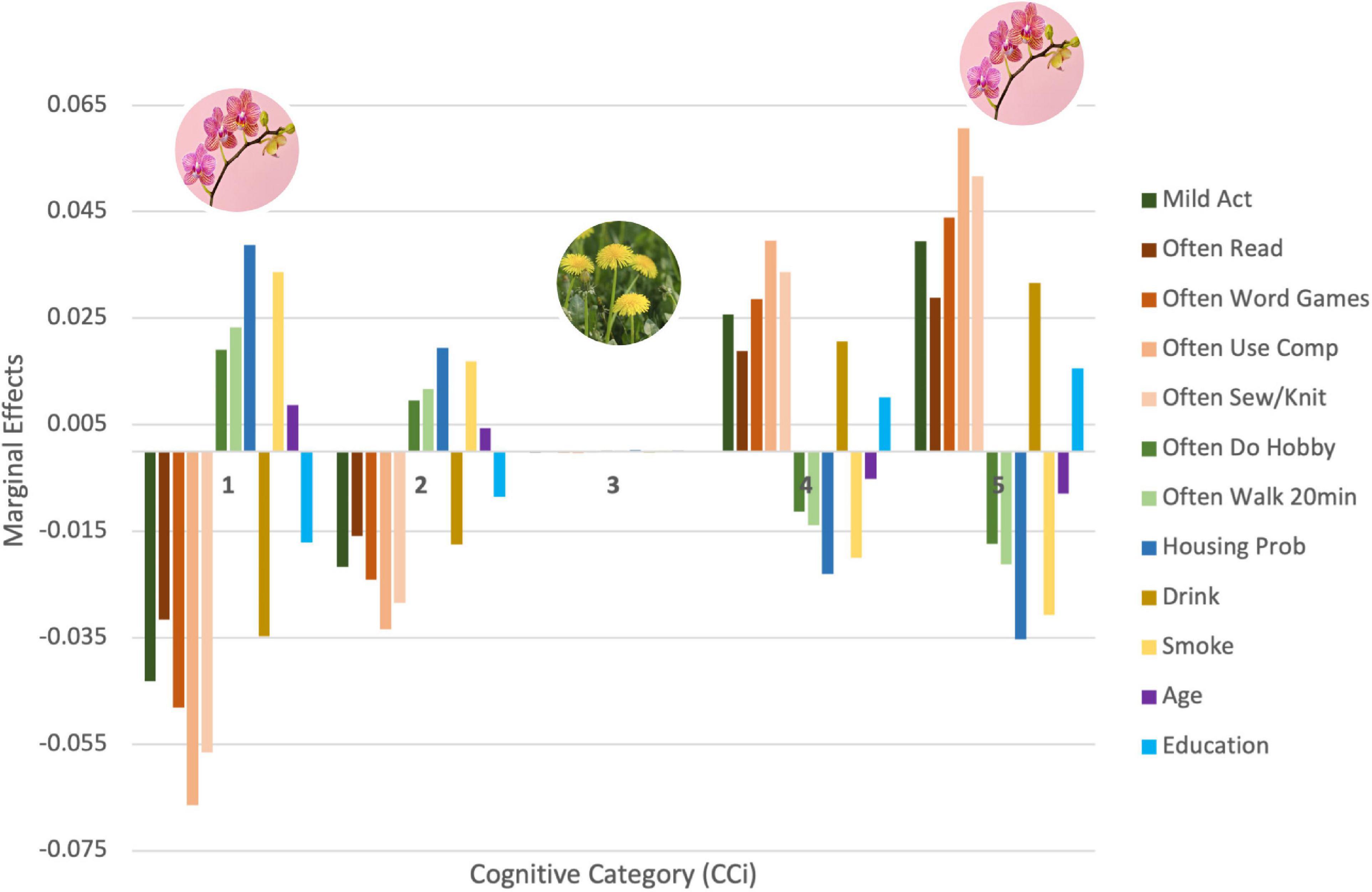
Adults who stay well-hydrated appear to be healthier, develop fewer chronic conditions, such as heart and lung disease, and live longer than those who may not get sufficient fluids, according to a National Institutes of Health study published in eBioMedicine. Using health data gathered from 11,255 adults over a 30-year period, researchers analyzed links between serum sodium levels—which go up when fluid intake goes down—and various indicators of health. They found that adults with serum sodium levels at the higher end of a normal range were more likely to develop chronic conditions and show signs of advanced biological aging than those with serum sodium levels in the medium ranges...
Read More









Recent Comments